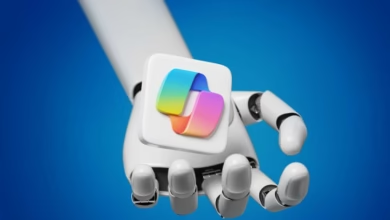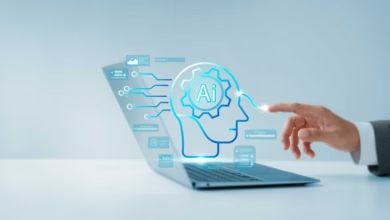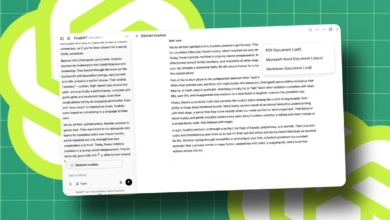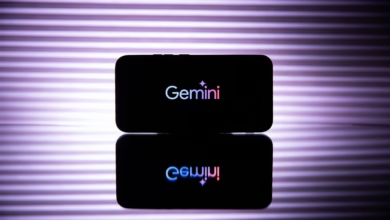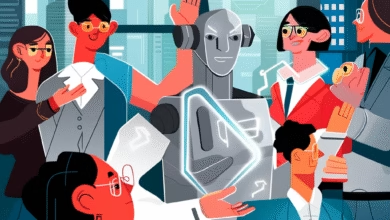Sam Altman: ChatGPT Surpasses Google’s Capabilities
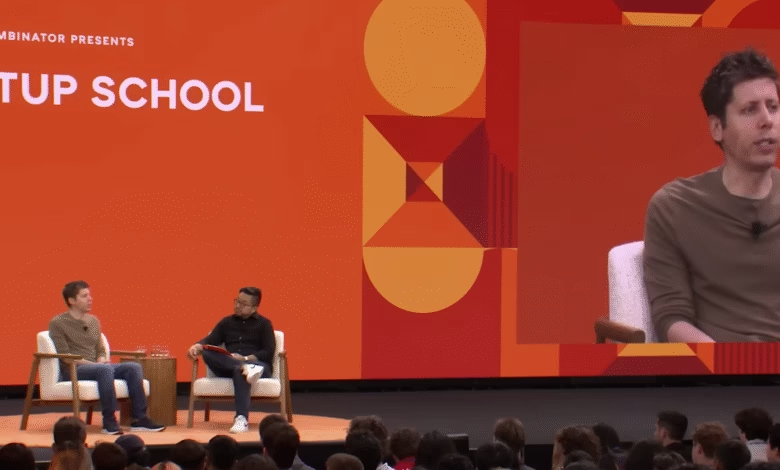
▼ Summary
– OpenAI CEO Sam Altman states ChatGPT has evolved from a Google alternative to a tool for completing complex tasks and workflows.
– ChatGPT now functions like a junior employee, capable of handling tasks such as coding or deep research and returning proposals.
– The platform is focusing on proactive task automation and connecting to user data, with memory features enhancing its personal assistant capabilities.
– New models like GPT-4o aim to improve reasoning and workflow automation, but current limitations like hallucinations require oversight.
– OpenAI is shifting toward AI-powered task automation, integrating tools like MCP to pull data from business platforms, rather than competing directly with Google Search.
OpenAI’s ChatGPT has evolved far beyond its initial role as a search alternative, now positioning itself as a versatile digital assistant capable of handling sophisticated workflows. During a recent discussion at Y Combinator, CEO Sam Altman revealed how the platform has shifted from mimicking search engines to functioning more like a proactive team member.
Altman described the transformation clearly: “Early versions felt like an upgraded search tool, but now users can delegate complex assignments, whether coding, deep research, or drafting proposals, and receive polished results.” This fundamental change reflects OpenAI’s broader ambition to create AI that doesn’t just retrieve information but actively collaborates on tasks.
From Search Competitor to Productivity Partner
“Memory is the first glimpse of what’s coming,” Altman noted, hinting at a future where AI assistants proactively manage schedules, flag important updates, or even execute tasks autonomously.
Advancing AI Reasoning and Automation
However, challenges remain. Despite its advancements, ChatGPT still grapples with inaccuracies, inconsistent memory retention, and occasional logic gaps, as documented in OpenAI’s internal assessments. These limitations mean human oversight remains essential, especially for high-stakes projects.
Redefining the AI Landscape
For professionals, the takeaway is clear: AI tools like ChatGPT excel as complements, not replacements, for traditional platforms. Combining their strengths with established systems like search engines can unlock new efficiencies without sacrificing reliability.
As Altman’s vision unfolds, the key will be balancing innovation with real-world usability, ensuring these tools deliver consistent value across diverse applications. The journey from chatbot to collaborative partner is well underway, but the full potential hinges on overcoming current technical hurdles.
For deeper insights, explore Altman’s full discussion on the future of AI assistance.
(Source: Search Engine Journal)


